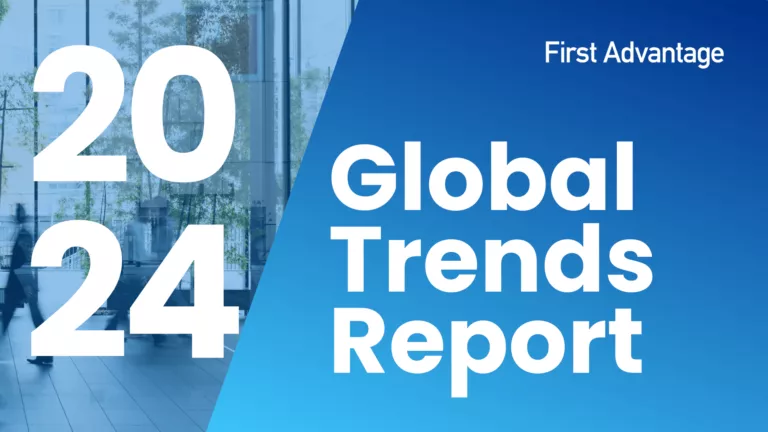Unique consumer protection laws could impact your hiring and employment screening processes
The Golden State has long been a leading proponent of strict consumer privacy and protection legislation. If you’re a California employer, have employees who work who live in the state, or you collect personal information about California residents, take a minute to review these legislative updates. Some or all of this information may apply to your businesses and could impact your hiring and employment background screening processes as to how you store the returned reports, update data and follow regulatory requirements.
California Consumer Privacy Act of 2018 (CCPA)
This Act is being referred to as “California’s GDPR,” in reference to the European Union’s General Data Protection Regulation. It affords consumers greater control over their personal information and places additional responsibilities on a business with respect to the collection, use, maintenance and sale of consumers’ personal information. The Act was signed by the California governor on June 28, 2018 and becomes effective January 1, 2020.
Does the CPPA apply to your business? Maybe. It applies to all businesses, headquartered both inside and outside of California, that collect personal information of California residents. To read more about what the CCPA means for your business click here.
Specific protections for immigrant employees
California provides specific protections for employees who choose to change their personal information that they provided to their employer upon hire, with special protections for immigrant employees. Since 2014, employers are not allowed to fire or take any adverse action against an employee for updating their personal information such as their Social Security number, unless it relates to the ability to perform on the job (e.g., skill set, qualifications, and job knowledge). This is to protect employees who present false identification for the employment eligibility form, the Form I-9, and later seek to amend their status/documentation. To read the law, click here. This law and the current environment are good reminders to have a company employment policy and/or practice that specifically addresses this type of situation.
California Supreme Court upholds background screening laws
On August 20th, the California Supreme Court upheld the constitutionality of the state’s “Investigative Consumer Reporting Agencies Act” (ICRAA) in Eileen Connor v. First Student, Inc. Plaintiff Eileen Connor alleged that First Student’s background check disclosure form failed to satisfy requirements under the ICRAA and the company failed to obtain her consent to conduct the background screening. First moved for summary judgment claiming that the ICRAA is unconstitutionally vague because it overlaps with another law, the “Consumer Credit Reporting Agencies Act” (CCRAA); as a result, First Student claimed its notice was compliant because it satisfied the CCRA’s requirements. The trial court granted First’s motion for summary judgment. However, the appeals court reversed the trial court’s decision concluding that employers can comply with both acts. Upon review, the California Supreme Court upheld the lower court’s decision holding that First Student was required to comply with both laws.


